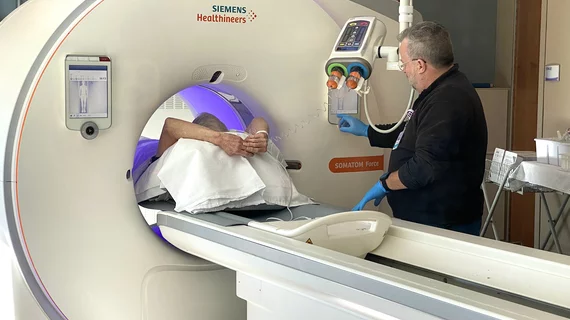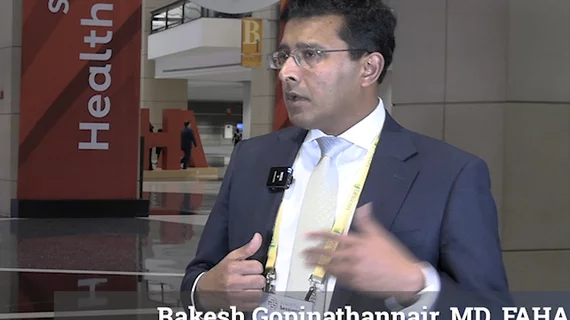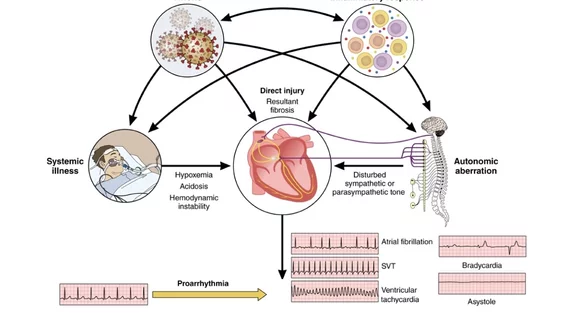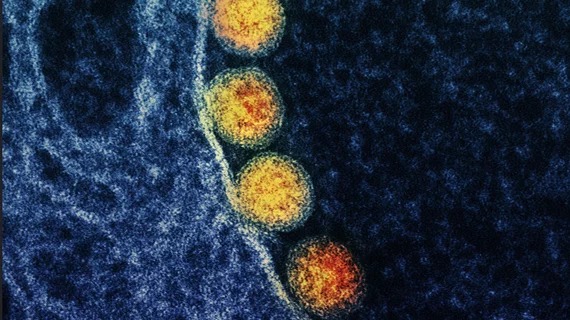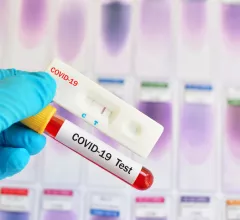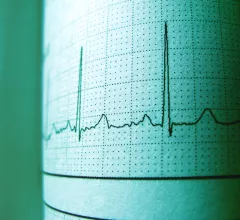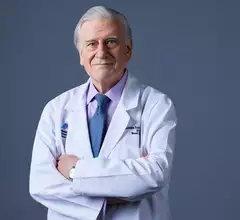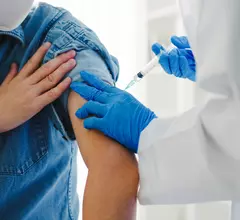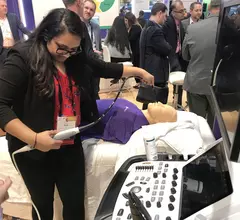COVID-19
Outside of the loss of human life due to the COVID-19 pandemic, the past two years have greatly affected hospitals, health systems and the way providers deliver care. Healthcare executives are grappling with federal monetary assistance, growing burnout rates, workforce shortages and federal oversight of vaccines and testing. This channel is also designed to update clinicians on new research and guidelines regarding COVID patient treatment strategies and risk assessments.
Displaying 17 - 24 of 430
